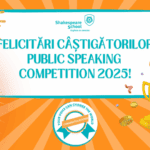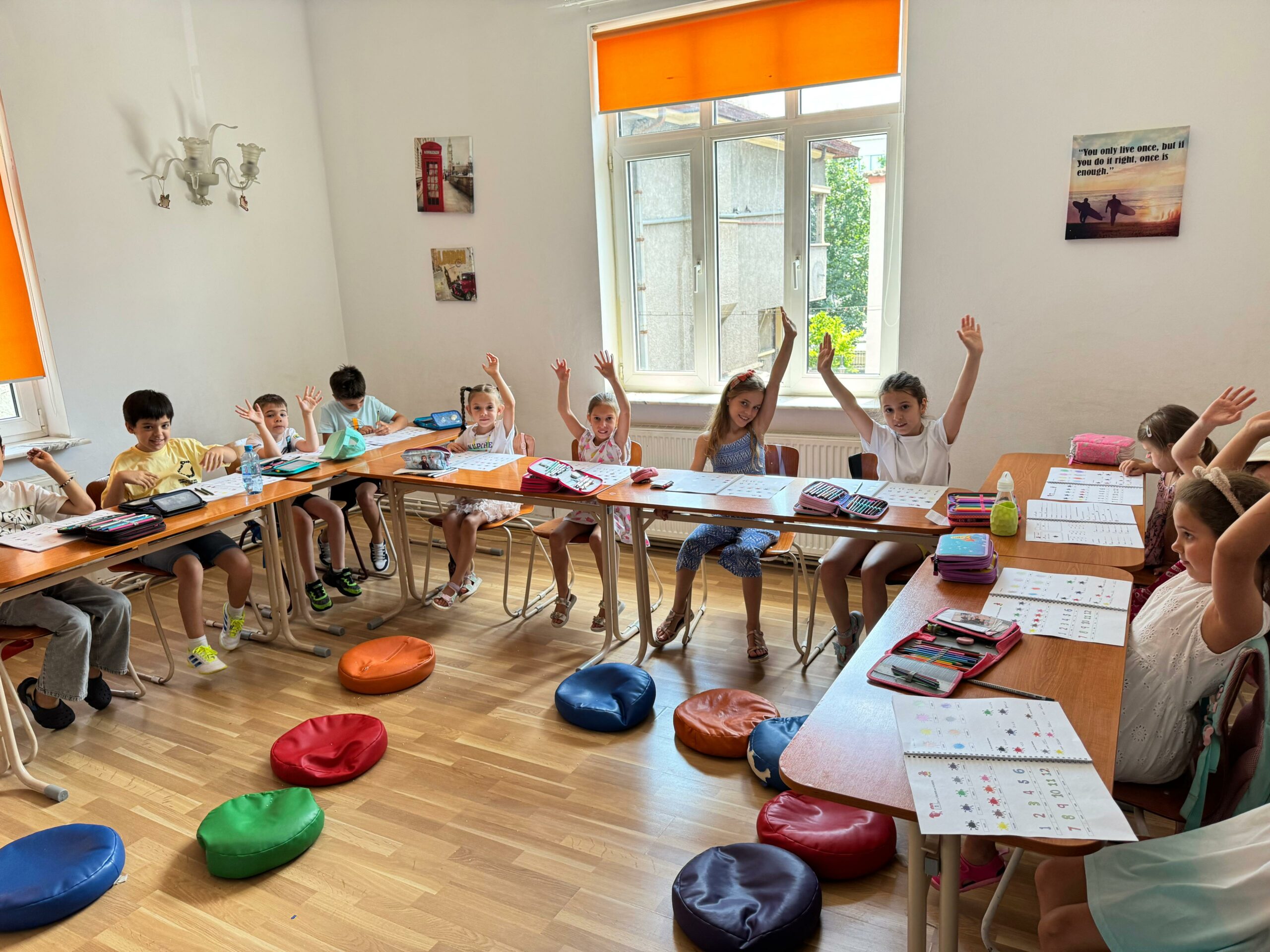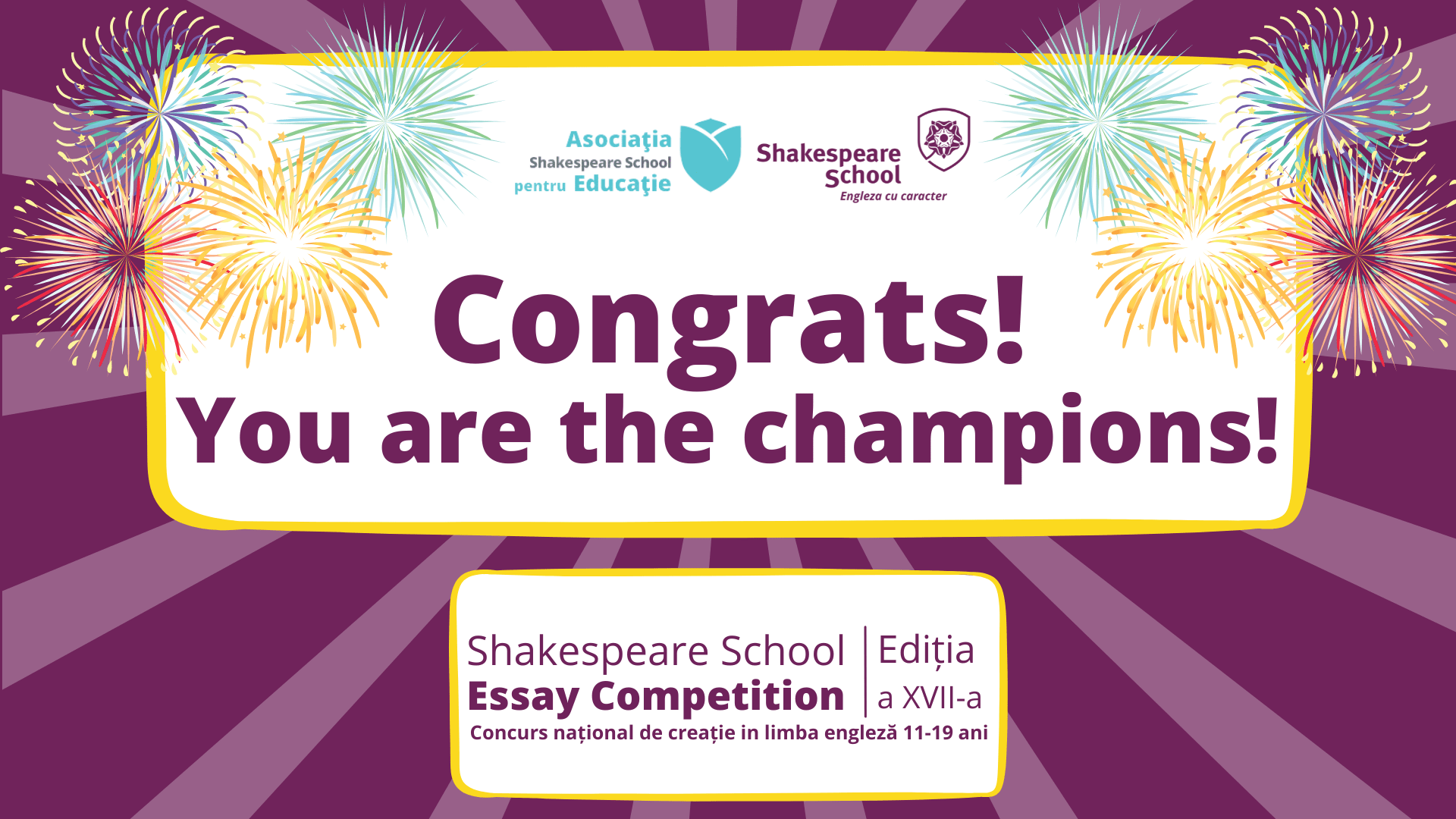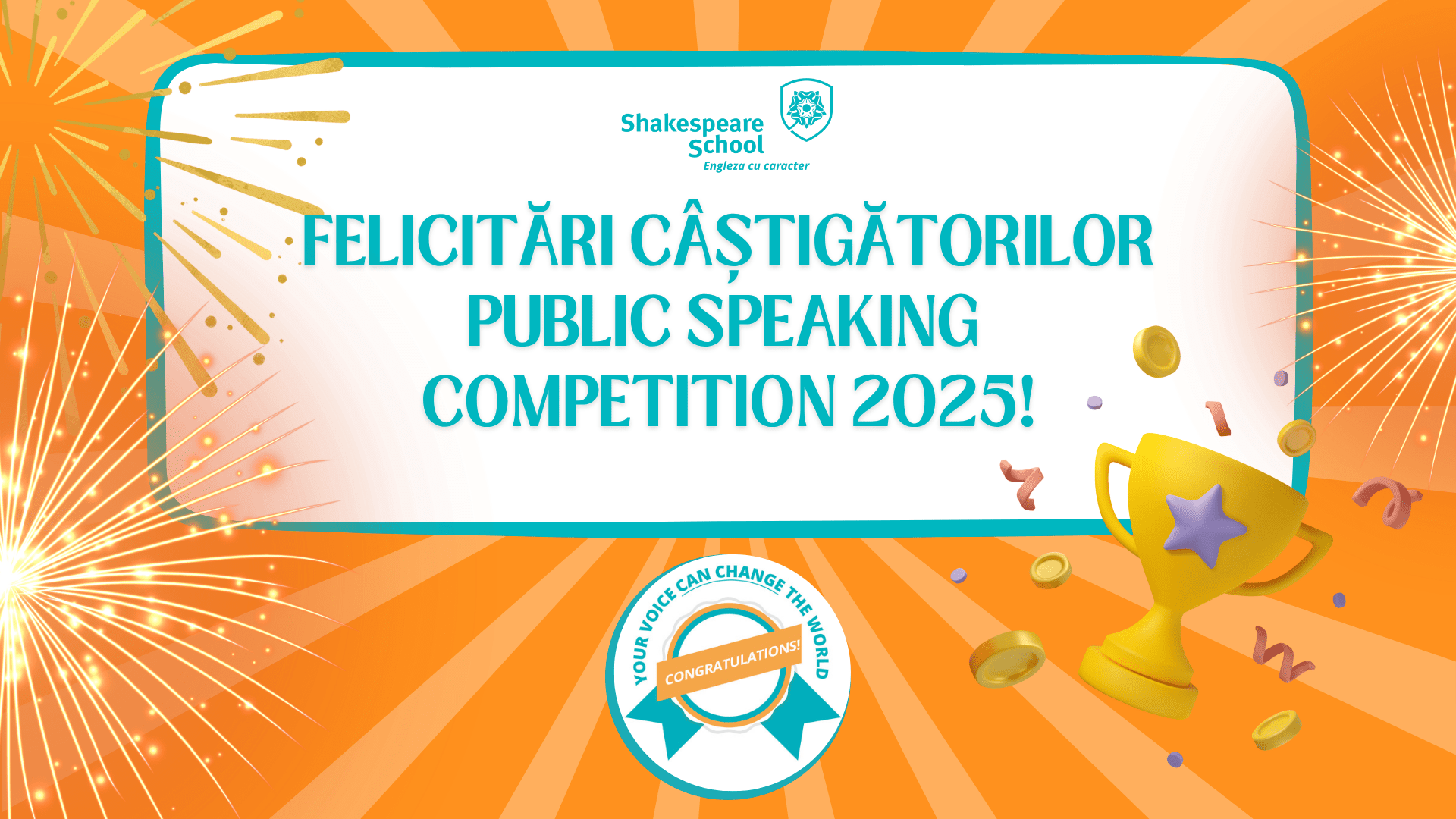Volunteering. Help the whelp, by Alexandru Bogdan Lungu, 19 years old, student at Elena Cuza National College, Craiova
A topic that is especially contagious in our modern times, volunteering has quickly amassed an astonishingly large number of supporters. People from all walks of life are quick to embrace this trend with little to no regard to consequences. Every action, no matter how insignificant it may seem, has a consequence. Although I don’t usually quibble over semantics, I do believe that in view of the subject at hand, a thorough explanation on my part would make for more compelling arguments. To alleviate your concerns, the actual conjecture that I’m about to make will follow after this not-so-succinct but compulsory introduction.
The concept of volunteering involves the individual or joint effort of supporting either a group of people or a cause, with the singularly noteworthy trait of doing it for free. Quite remarkable really, considering that money is the very lifeblood of our current society, indeed the single most powerful fuel that the world thrives on. Even though most would never openly admit to their unquenchable thirst for this paper drug, it is always in the back of our throats, choking the blood to our brains, ringing in our ears over and over. The world itself is swept away by this binding element, as per the saying “Money makes the world go round”. And yet, despite all this, there exists the preposterous notion of working for free.
The truth of the matter is, out of all those altruistic volunteers that so readily hand over themselves to a cause, all possess ulterior motives behind every benign action. Some opt to expand their skills by taking up the challenge posed by such an enterprising endeavor. Some do it to be held in higher regard for their generosity. No matter the reason, there is a common denominator present in all of them: self-gain. If we were to apply Kant’s principles to the fabric of this discussion, purely for argument’s sake, the end result would be that none of the reasons for volunteering would be valid, because the only morally correct action involves no reasons, only the sense of duty.
The final and most important aspect to discuss is the consequence that I so pompously mentioned earlier. The act of helping your fellow humans is well and good. What comes after is entirely different. What I mean to say is that as a result of helping someone, you actually make them weaker by taking away their struggle which makes us stronger. This breeds contentment for the individual that was “helped” choosing to wait for future “kindness” rather than fight his own battles.” Everything that is not constantly challenged grows weak”, a statement possessing more wisdom than it implies.
So to answer your question, I unequivocally and undoubtedly say “NO”, volunteering does not bode well for our race. Should you find it preferable, you may choose this simple answer rather than read this entire larger-than-life essay.
Acest eseu este castigatorul premiului special in cadrul 2011 Shakespeare School Essay Competition, grupa de varsta 15-19 ani, avand ca tema rolul si importanta voluntariatului. Premiul a constat intr-un cadou surpriza din partea librariei Carturesti, o carte in limba engleza din seria penguin, de la Fischer International, voucher de reducere 25% la un curs de vara de limba engleza la Shakespeare School, discount card oferit de Puma, cadou din partea Reprezentantei Comisiei Europene in Romania. Dorim sa il felicitam pe Alexandru pentru faptul ca s-a evidentiat din peste 5100 de eseuri trimise la concursul national de creatie in limba engleza organizat de Shakespeare School si ii uram mult succes in continuare!











